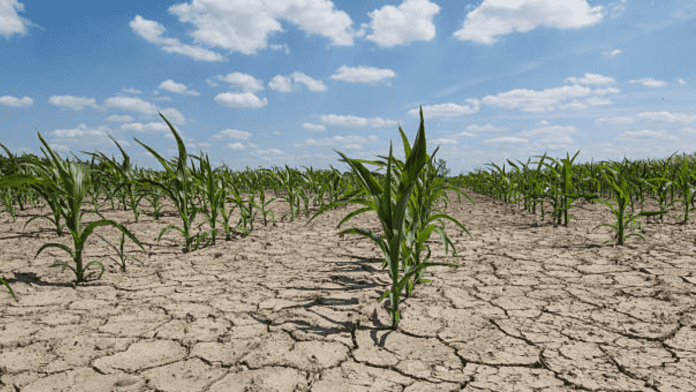News In Brief:
– The drought in Catalonia, Spain, is severely impacting local farmers, leading to drastic reductions in crop yields and irrigation restrictions.
– While farmers struggle, the tourism sector faces fewer water usage constraints, sparking calls for equitable distribution and sustainable solutions to address the crisis.
In Catalonia, Spain, the battle between agriculture and tourism intensifies as a relentless drought grips the region, leaving both farmers and hoteliers scrambling for solutions.
Ramón Falguera, a farmer in Catalonia, tells reporters that he faces a dire situation as fruit harvests plummeted by a third and wheat by half due to water scarcity.
With water canals running dry and restrictions tightening, farmers like Falguera fear for their livelihoods. The government’s declaration of a state of emergency exacerbates their plight, slashing agricultural water usage by up to 80%.
Unequal treatment and struggle for survival
For many farmers the drought means reducing irrigations from eight to just two, pushing them to the brink of collapse. David Saurí, an expert in water management, describes the situation as catastrophic, with some farmers unable to irrigate for the third consecutive year.
While agriculture suffers, the tourism sector, a major consumer of water, allegedly faces fewer restrictions. Calls for equitable water distribution intensify as activists demand action to address the disparities. The installation of desalination plants by hotels highlights the stark contrast in water access between sectors.
Despite promises of economic relief, the environmental impact of desalination plants looms large. Greenpeace warns of increased energy consumption and risks to marine life, adding urgency to the search for sustainable solutions.
Pol Dunyó Ruhí, an organic farmer, advocates for water reuse and modern irrigation techniques to alleviate the crisis. With support from the government, he believes farmers can adapt to the changing climate while minimising water usage.



